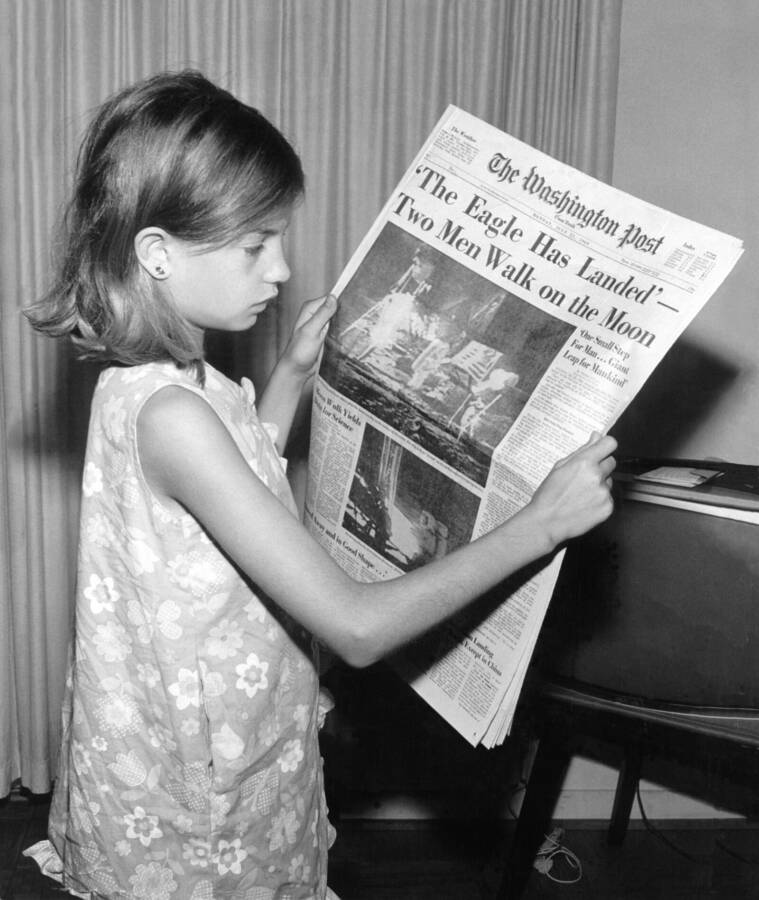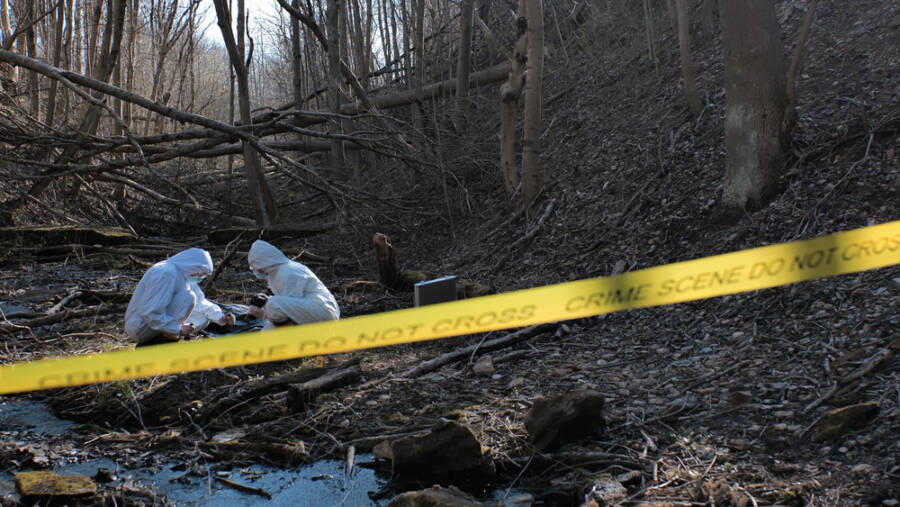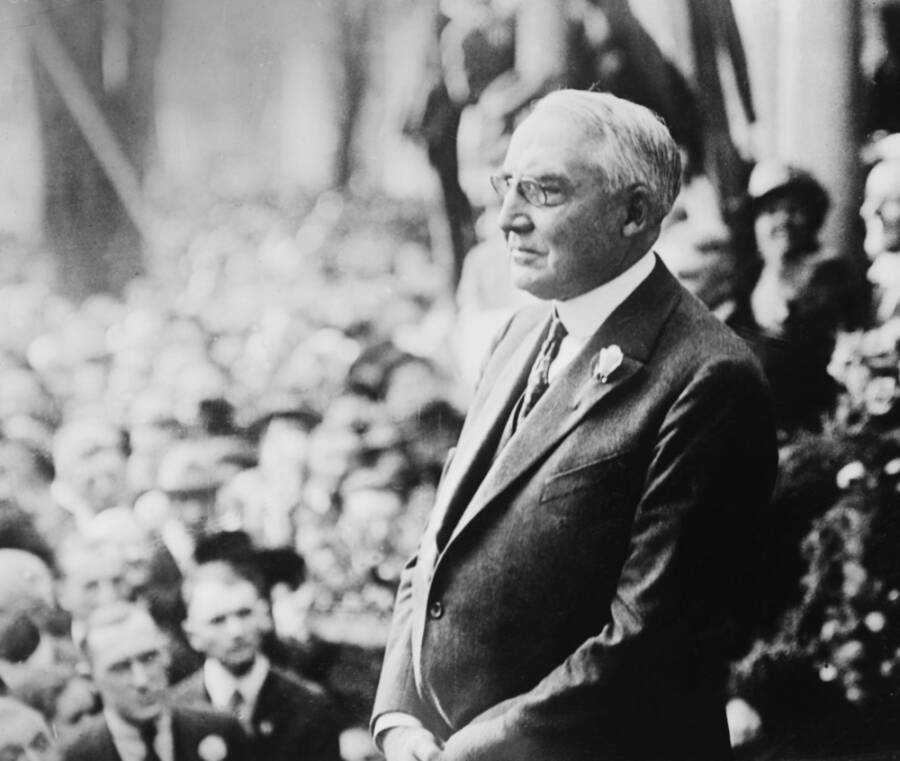
Why the Debate Continues Today
Despite the overwhelming scientific consensus, belief in moon landing conspiracy theories has persisted and, in some demographics, grown. Understanding why requires looking beyond the technical arguments and into the broader cultural and political context.
The origins of this skepticism are deeply rooted in the era in which the landings occurred. The late 1960s and early 1970s were a period of profound social upheaval and declining public trust in the U.S. government. The ongoing Vietnam War, followed by the Watergate scandal, fostered a climate of suspicion and demonstrated that government institutions were capable of deception on a massive scale. For some, the idea that the government would also lie about the Moon landing seemed plausible within this context of broken trust.
In the contemporary era, the internet and social media have become powerful amplifiers for these theories. Online platforms allow for the rapid dissemination of claims, videos, and photo analyses that support the hoax narrative, often presented without the counter-explanations from the scientific community. These online communities can create echo chambers where skeptical viewpoints are reinforced and dissenting information is dismissed as part of the cover-up. The very act of questioning the official story can be seen as an exercise in critical thinking and resistance against an untrustworthy establishment.
Psychological factors also play a role. For some, the moon landing is an event of such extraordinary scale that it is difficult to comprehend. The idea of a secret, complex hoax can, paradoxically, be a more digestible explanation than the sheer audacity of the actual scientific and engineering achievement. Believing in the conspiracy can also provide a sense of possessing special, hidden knowledge that the majority of people do not have.
Researching controversial topics requires consulting primary sources, available through archives like the U.S. National Archives and the Library of Congress.
Academic perspectives can often be found in journals hosted on platforms like JSTOR or through university history departments.
Disclaimer: This article aims to provide a neutral overview of a complex historical debate. It is not intended to endorse any single viewpoint. The study of history involves interpreting contested evidence, and readers are encouraged to engage with diverse scholarly sources.





